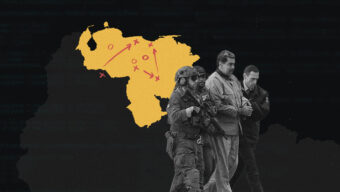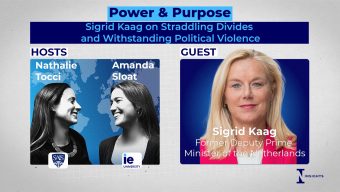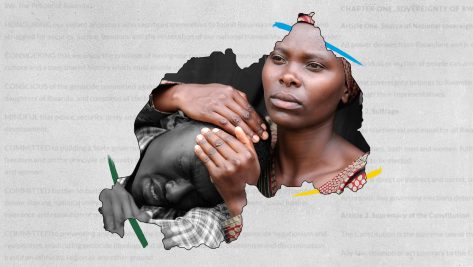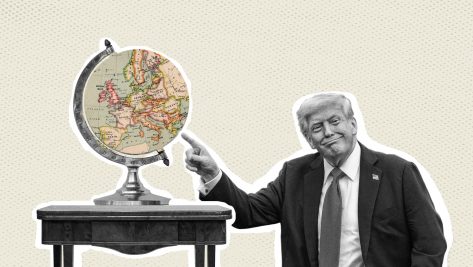What Is the Future of Global Security?
The Russian invasion of Ukraine was a turning point in history, but where does global security go from here?
Christoph Heusgen, Chairman of the Munich Security Conference, explores the challenges facing the rules-based order, and analyzes the approaches that can be used to solve them.
© IE Insights.
Transcription
The invasion of Russia into Ukraine was what is called in Germany a Zeitenwende, a turning point in history, because for the first time after the Second World War, one major power actually – a permanent member of Security Council – invaded another country, denied the right of existence of another country in Europe. This was a breach of international law.
It was a breach of civilization. And the international community had to react to it. And what we have seen there was, first of all, how the Ukrainians stood behind their president and defended the independence of their country. But we also saw some kind of rejuvenation of the transatlantic alliance. We had the United States engaging again in Europe to defend European security.
This had as a consequence that Vladimir Putin’s objective of taking over Ukraine didn’t succeed. It also led to a fact that with the sanctions imposed on him, with all the economic and human victims in Russia itself, Russia has disappeared as one of the major world powers. It will develop into something the American Senator John McCain had predicted by saying that Russia will become a gas station of China.
So what we have seen is NATO the alliance very much alive. But at the same time, we see that also actors outside Europe play a much more important role also when it comes to global security threats in the future. What does this mean? This means, first of all, that the United States, while having been the guarantor of security for many decades in Europe, will certainly redirect itself towards Asia.
The United States has safeguarded stability in the Indo-Pacific for decades. Today, we’re announcing the steps to carry out our first project under AUKUS and developing Australia’s conventionally-armed, nuclear-powered submarine capacity.
The US will rightly ask for Europe to become more independent when it comes to defending the security on its continent. A stronger Europe, with the European countries working close together and improving also their performance on security. What is also a turning point in history is that the countries of Asia, Africa and Latin America will have a stronger say.
They have also taken sometimes a bit indifferent or equidistant view on the conflict. We have to assume a new approach to these countries. We have to deal with countries that are more self-confident. They see themselves as a victim of what they consider East-West confrontation. We have to explain much more why this intervention takes place. And what I think will be the guideline for the future is when we engage politically, militarily, we should no longer talk about prolongation of East-West confrontation.
What we have to talk about is the defense of the rules-based international order, is the defense of the UN Charter, the defense of the Universal Declaration of Human Rights, because these are international covenants that have been signed up to by everybody, by all countries, also in Africa, Latin America, and Asia. And we have to explain that we have to cope with security challenges, but also other challenges on the basis of the rule of law.
Engaging much more intensively on eye level with these regions. And there I believe that in the future will be on this new partnership with these countries, we will also be more effective confronting China. That has been for many years and almost decades become the most important partner for some of these regions and there I think with approach of the rule of law, with also the approach where we listen to their concerns.
Then when it comes to development aid, when it comes to humanitarian aid, Europe, after all, is the largest donor and we just have to make countries aware of this, engage, listen, and therefore, I believe overall there is still the future for what is what made Europe strong in the past, which is basically an order that is based on international rules and norms.










